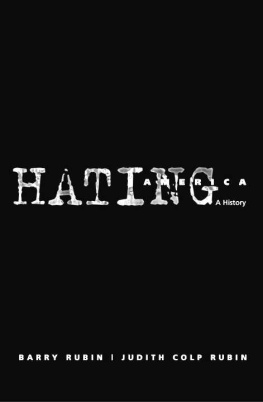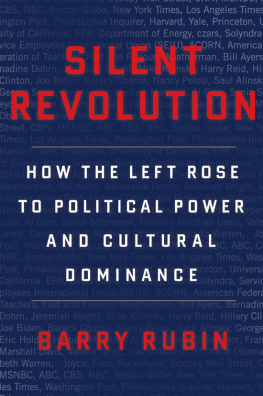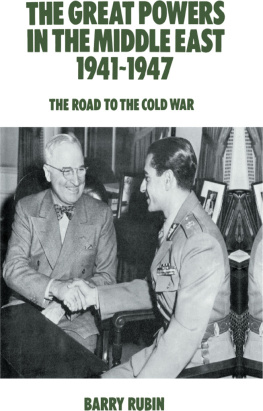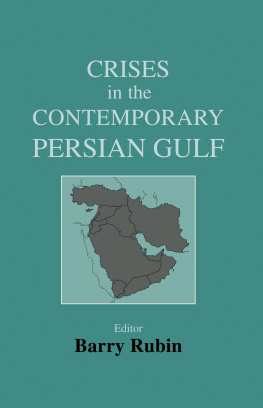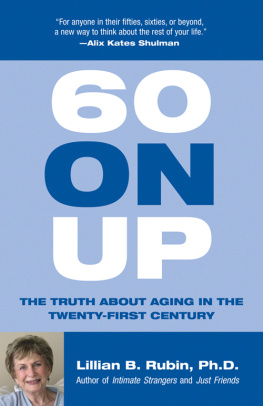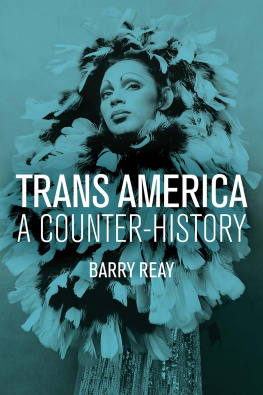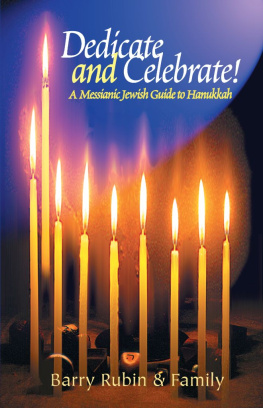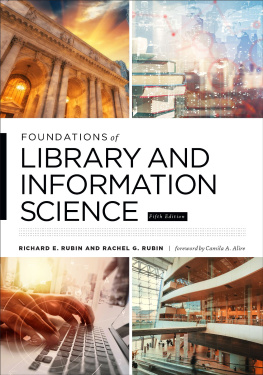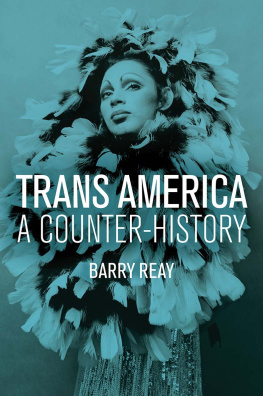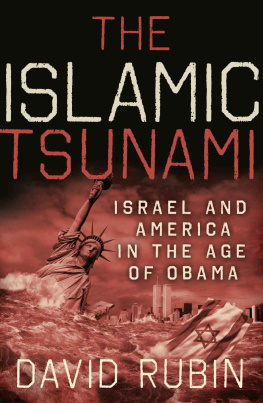Barry Rubin - Hating America: A History
Here you can read online Barry Rubin - Hating America: A History full text of the book (entire story) in english for free. Download pdf and epub, get meaning, cover and reviews about this ebook. year: 2007, genre: History. Description of the work, (preface) as well as reviews are available. Best literature library LitArk.com created for fans of good reading and offers a wide selection of genres:
Romance novel
Science fiction
Adventure
Detective
Science
History
Home and family
Prose
Art
Politics
Computer
Non-fiction
Religion
Business
Children
Humor
Choose a favorite category and find really read worthwhile books. Enjoy immersion in the world of imagination, feel the emotions of the characters or learn something new for yourself, make an fascinating discovery.
- Book:Hating America: A History
- Author:
- Genre:
- Year:2007
- Rating:3 / 5
- Favourites:Add to favourites
- Your mark:
- 60
- 1
- 2
- 3
- 4
- 5
Hating America: A History: summary, description and annotation
We offer to read an annotation, description, summary or preface (depends on what the author of the book "Hating America: A History" wrote himself). If you haven't found the necessary information about the book — write in the comments, we will try to find it.
Hating America: A History — read online for free the complete book (whole text) full work
Below is the text of the book, divided by pages. System saving the place of the last page read, allows you to conveniently read the book "Hating America: A History" online for free, without having to search again every time where you left off. Put a bookmark, and you can go to the page where you finished reading at any time.
Font size:
Interval:
Bookmark:

A History
BARRY R UBIN
JUDITH COLP RUBIN
BARRY RUBIN

JUDITH COLP RUBIN

As always to Gabriella and Daniel-our co-authored children
This page intentionally left blank
Yet as this project was being conceived the situation should have been the opposite. The United States had attained victory in the Cold War against communism, which had begun immediately after it had done the same thing in a war against fascism. Moreover, there had been the September ii, zoos, attack on America, the single most horrific terrorist attack in world history. Although the event itself showed the extent of anti-Americanism in the Middle East, the United States on September 12 should have been at the height of its global popularity, praised, appreciated, and sympathized with around the world, whatever undertone of reasonable criticism also existed.
 then writing a book, an author often has the sensation of being surrounded by that topic. In the case of anti-Americanism that experience was particularly strong. As the twenty-first century began it seemed as if the amount of criticism the United States was receiving around the world was matched only by the quantity of passionate debate about why this was happening. Almost every day brought more evidence that anti-Americanism was an omnipresent global phenomenon.
then writing a book, an author often has the sensation of being surrounded by that topic. In the case of anti-Americanism that experience was particularly strong. As the twenty-first century began it seemed as if the amount of criticism the United States was receiving around the world was matched only by the quantity of passionate debate about why this was happening. Almost every day brought more evidence that anti-Americanism was an omnipresent global phenomenon.
Nevertheless, in the aftermath of September u, although many in the world did sympathize with America, the response of others was that the United States somehow deserved it. That there could be such hatred after the death of so many of their fellow citizens was a shock to many Americans. The displays of hatred only increased as America sent troops to Afghanistan and then fought a war in Iraq.
Certainly, images of the American flag and effigies of the U.S. president being burned throughout the Middle East were disturbing, yet not new. But in Europe, which Americans considered their strategic ally and cultural partner, signs of this hatred were especially disturbing. The German chancellor used demagogic criticism of America to win an election, while one of his top aides likened the U.S. president to Hitler. In France, a book claiming that September a was a propaganda stunt by American intelligence agencies and the military-industrial complex to justify world conquest became a best seller. Even in Britain, America's closest friend, a former cabinet minister claimed the United States was planning to dominate space, cyberspace, and just about everything else.
Almost without exception, both the critics and those defending America viewed this outpouring of anti-Americanism as unprecedented, as the result of contemporary or at least recent events. But the tone of such rhetoric would not have been at all surprising for Americans living a century or two earlier. Only by understanding the historical development-and powerful continuity-of anti-Americanism can one comprehend it as a contemporary issue.
The American expatriate Henry James, who had little love for his native country, once mused, "It is, I think, an indisputable fact that Americans are, as Americans, the most self-conscious people in the world."
But given the historical evidence it was hard to see how Americans could feel otherwise. Indeed, even before it was a country, America was being harshly criticized. Thomas Jefferson and Benjamin Franklin spent much time and creative energy trying to prove to Europeans that their country was not inherently barbaric. There were always many intellectual figures in Europe who could not resist the facile put-down of America: "I am willing to love all mankind, except an American," said the British author Samuel Johnson in the eighteenth century. The respected British historian Thomas Carlyle in 1850 merely found Americans "the greatest bores ever seen in this world."
The French statesman Georges Clemenceau said that "America is the only nation in history which, miraculously, has gone directly from barbarism to degeneration without the usual interval of civilization," while Oscar Wilde, who would agree with Clemenceau on little else, declared, "America is the only country that went from barbarism to decadence without civilization in between." Decades later the British writer George Bernard Shaw jeered: "An asylum for the sane would be empty in America."'
This book in no way seeks to suggest that all criticism of America constitutes anti-Americanism or is invalid. One reason why it is important to examine the history of this debate is to see what can be learned about the real defects of the United States, as well as ways to communicate its virtues better. Similarly, those governments, classes, groups, ideologies, and individuals who have held anti-American views can be better understood by investigating the reasons for these attitudes.
In this book we have carefully defined anti-Americanism as being limited to having one or more of the following characteristics:
An antagonism to the United States that is systemic, seeing it as completely and inevitably evil.
A view that greatly exaggerates America's shortcomings.
The deliberate misrepresentation of the nature or policies of the United States for political purposes.
A misperception of American society, policies, or goals which falsely portrays them as ridiculous or malevolent.
We have also restricted our discussion to anti-American views held by non-Americans (or in a few cases to Americans who lived abroad for so long as to become virtually part of this category). Otherwise, the issues that must be dealt with more properly fall into the sphere of domestic political and partisan debate.
Of course, opposition to specific American actions or policies is easily understandable and may well be justifiable, but anti-Americanism as a whole is not. The reason for this conclusion is simply that the United States is not a terrible or evil society, whatever its shortcomings. It does not seek world domination and its citizens do not take pleasure in deliberately injuring others.
There are many occasions when decisions inevitably have drawbacks and bad effects. There are equally many times when mistakes are made. But here is where the line can be drawn between legitimate criticism and anti-Americanism.
One of our most important conclusions is that there has been a historical continuity and evolution of anti-Americanism, coinciding with the development of the United States, changes in other societies, and the world situation. We have detected five phases in this process:
The first phase (Chapter i) began in the eighteenth century, when America was a little-understood place whose society was still under construction. At this time, criticism focused on the idea that it would be difficult or impossible to create any civilization there due to environmental conditions.
Font size:
Interval:
Bookmark:
Similar books «Hating America: A History»
Look at similar books to Hating America: A History. We have selected literature similar in name and meaning in the hope of providing readers with more options to find new, interesting, not yet read works.
Discussion, reviews of the book Hating America: A History and just readers' own opinions. Leave your comments, write what you think about the work, its meaning or the main characters. Specify what exactly you liked and what you didn't like, and why you think so.

